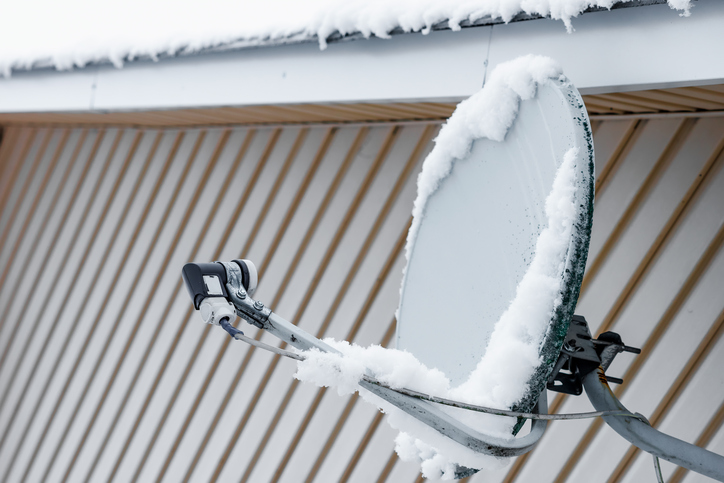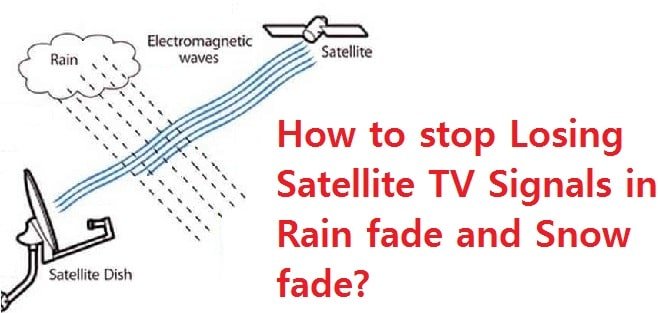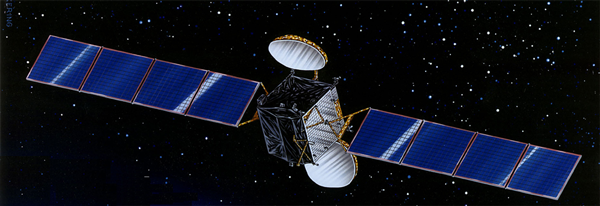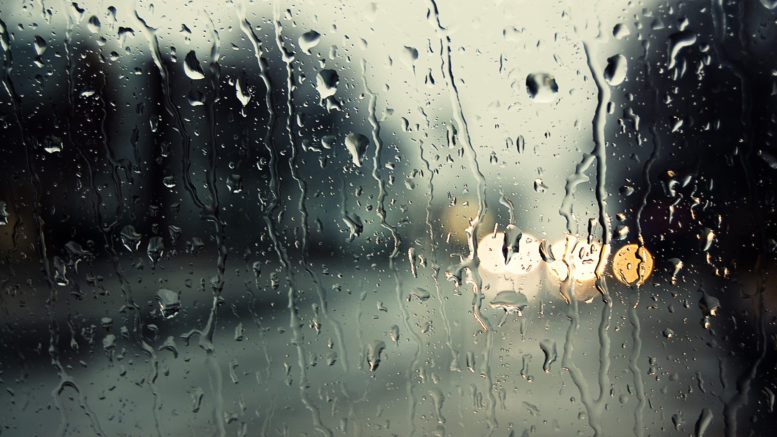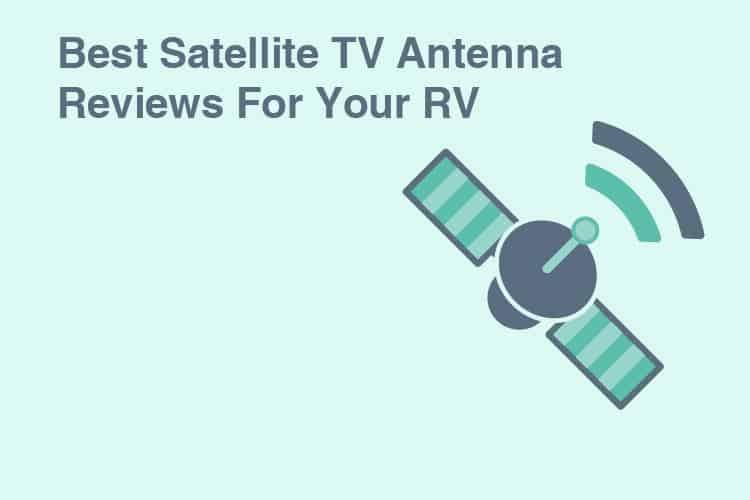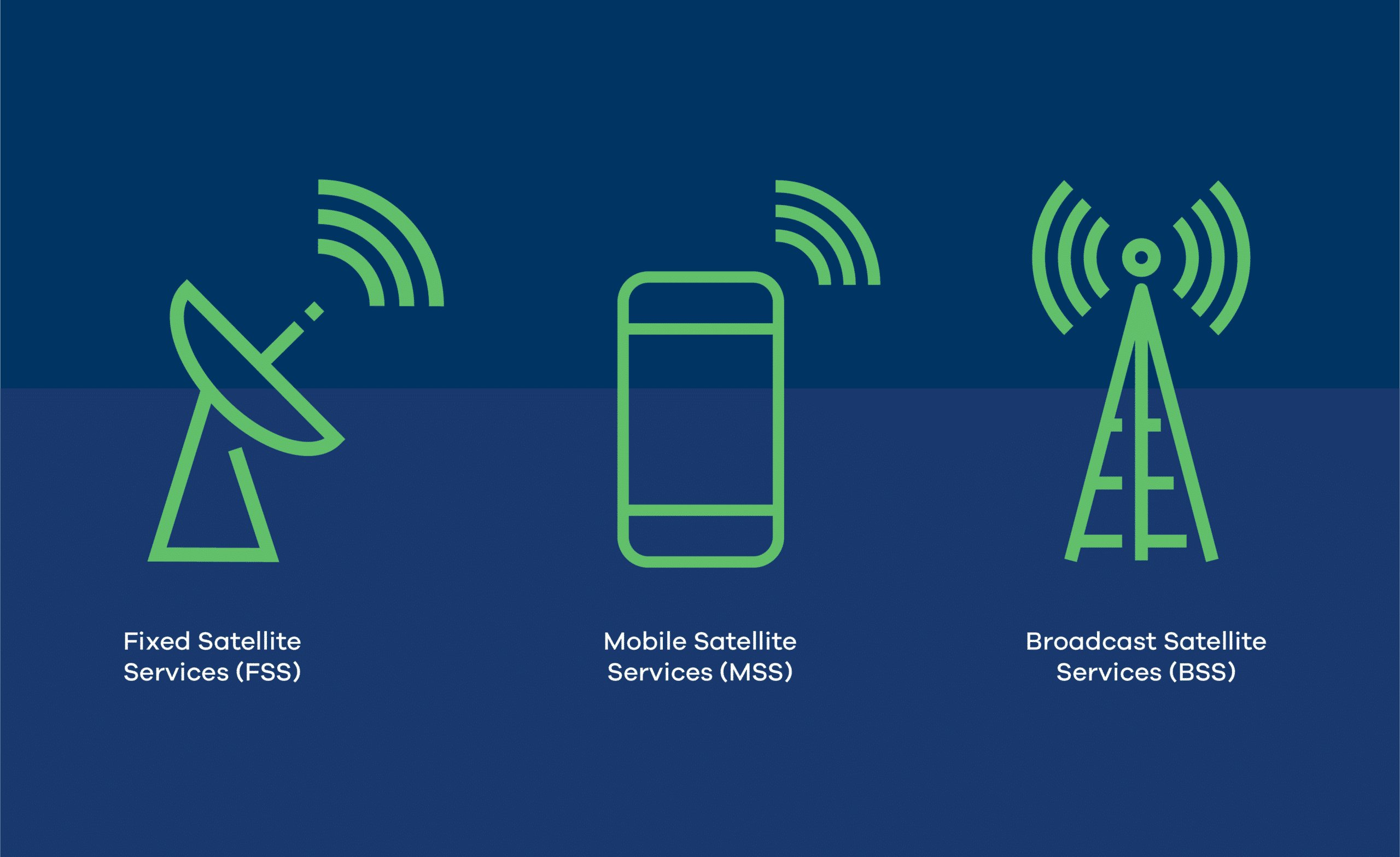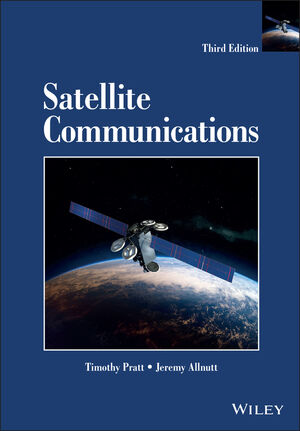Satellite Tv Rain Fade
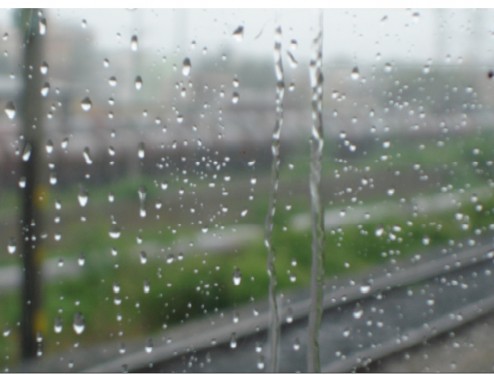
A more sophisticated method to dealing with rain fade in satellite communications is adaptive coding and modulation acm.
Satellite tv rain fade. Satellite tv signal and adverse weather. Using this technique the modulation of a link between a satellite and antenna can be automatically lowered to compensate for interference caused by atmospheric interference. Because satellite tv uses ku band signals to broadcast tv programs from the satellite using ku band technology. For the majority of users it is heavy rains that can attenuate signal enough to result.
Rain fade refers to the fact that moisture in the air between the transmitting satellite and the end user of the signal can interfere with the satellite signal. It s what satellite tv experts call the interruption in service that happens when it s raining. It does not need to be raining at a location for it to be affected by rain fade as the signal may pass through precipitation many miles away especially if the satellite dish has a low look angle. Often when this happens the best thing to do is wait until the rain passes.
Generally the improvement is less than 5 and the cost to implement these gigantic dishes can be really high. The satellite ku band. A lot of people think that moving to a larger dish like the alaska hawaii dish used by directv will help. Rf energy is absorbed and scattered by the rain droplets and affects the higher frequencies more because of the.
Rain fade can be caused by precipitation at the uplink or downlink location. Dth or direct tv satellite signals also impacted by bad weather conditions in rainy seasons. Typically ku and ka band links are affected most frequencies above 11ghz and can occur at the vsat remote or the teleport end of the link. From 5 to 20 of rain fade or satellite signal attenuation may also be.
Its called rain fade or snow fade. The phenomenon can affect satellite internet connection s as well as satellite television and other systems. 10 facts about rain fade and satellites. Vsat rain fade is the deterioration of the microwave rf signal levels caused by rain precipitation on either end of the satellite vsat link.
Rain fade is a term meaning a break or interruption in a satellite service because of rough weather. Rain fade is an interruption of wireless communication signals as a result of rain or snow droplets whose separation approximates the signal wavelength s. Typically this occurs rarely and lasts only a short period of time. When the weather improves acm technology will also raise the modulation back up to full capacity.
In short this is when intense precipitation in front of your satellite dish doesn t allow the signal to transmit. Something called rain fade can cause a directv weather interruption. While the term rain fade refers to rain anything from snowstorms to hurricanes can cause rain fade to take place. Just how much of a problem it can really be.
